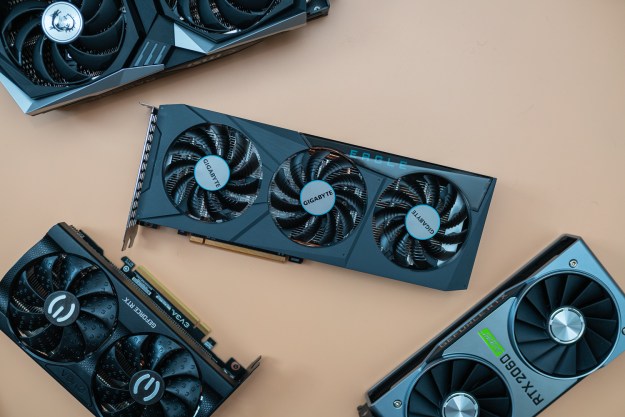Last month, rumors were swirling that tablet start up Kno was considering selling off its hardware business—which hasn’t even launched yet, despite repeated delays. Now, new reports have chipmaking giant Intel and Conde Nast owner Advance Publications sinking some $30 million into Kno…and that Intel will be taking over the hardware design of the dual-screen tablets with an eye towards licensing manufacturing to OEMs.

According to Businessweek, Intel’s venture capital arm is interested in the technology as a way to expand its presense in the education market. According to All Things Digital, Intel will take over the hardware design of the tablets then, rather than manufacture the devices itself, license the designs to OEM manufacturers. Conde Nast owner Advance Capital is also apparently also be a significant participant in the investment.
Kno has attracted much attention for its planning single- and dual-screen tablets; however, while the devices have been available for pre-order for a while and were scheduled to ship any day know, there’s no sign the company is on pace to begin fulfilling orders. Kno shipped a small number of tablets in December, but suspended orders. The single-screen version has been priced at $599; the dual-screen version (with two 14.1-inch displays with 1,400 by 900 resolution) was to be priced at $899. Kno has established a number of significant partnerships with colleges and universities; however, the success of the iPad (and the potential success of Android-based tablets) has apparently made the company re-think its hardware strategy to focus instead on making educational software for consumer-oriented tablet devices.
Editors' Recommendations
- Intel may fire the first shots in the next-gen GPU war
- The only Intel CPU you should buy is over a year old
- Intel may already be conceding its fight against Nvidia
- Intel just called out Nvidia
- Intel still thinks ARM is an insignificant threat


